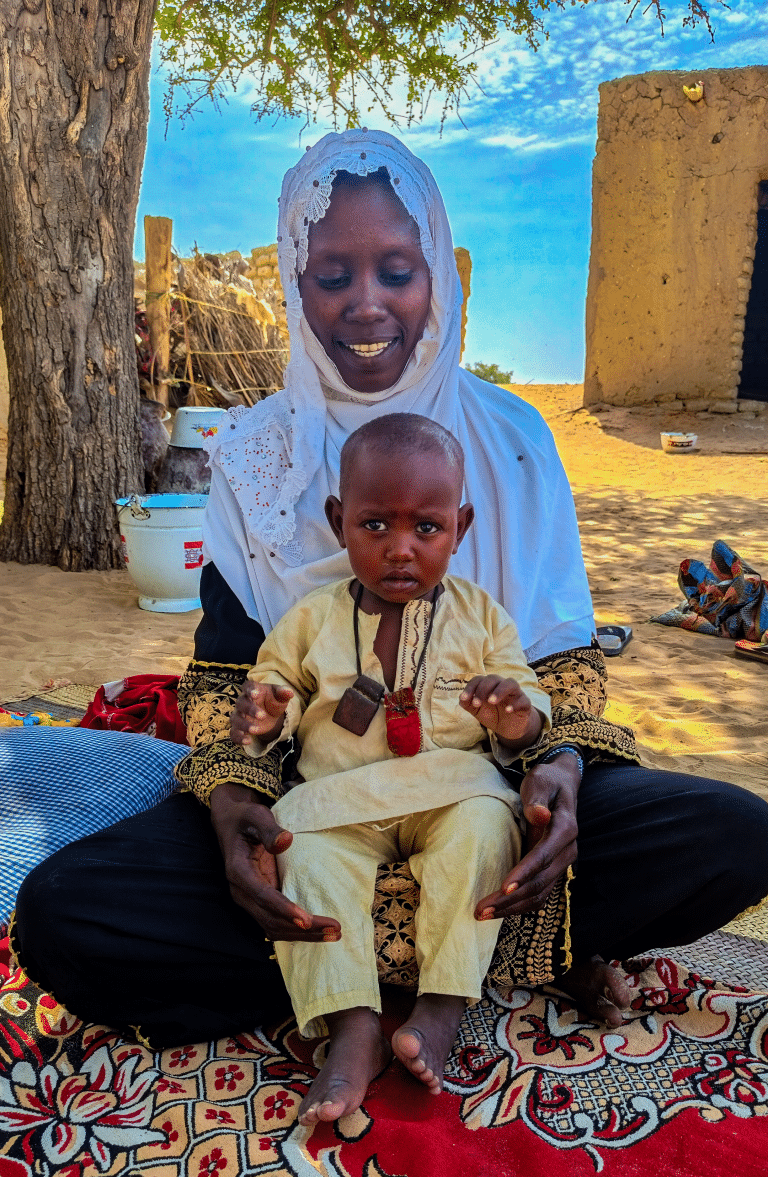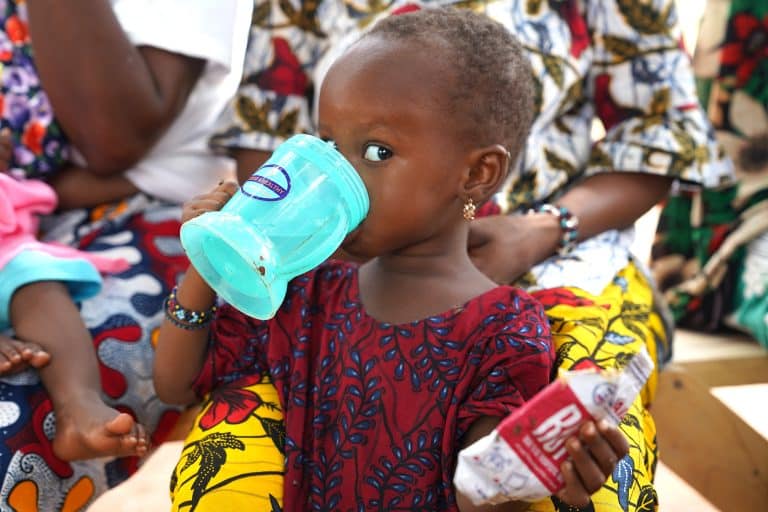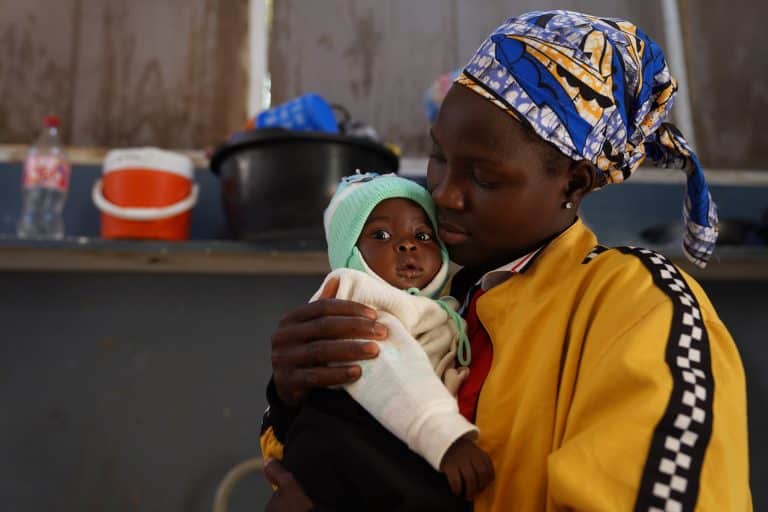As the Mpox epidemic continues to spread in the Democratic Republic of Congo (DRC), hopes are turning to vaccination efforts. The DRC is set to launch a large-scale campaign, with doses coming from the United States, the European Union, and Japan. To date, more than 5,600 confirmed cases have been recorded in 2024, and the outbreak is worsening. This campaign aims to protect the most vulnerable populations, including healthcare workers and at-risk communities.
A Delayed but Crucial International Response
Since the eradication of smallpox in 1977, no mass vaccination campaign against viruses in this family has been organised in the DRC. However, with the resurgence of Mpox, the international community is beginning to mobilise.
“In 2022, the lack of approved vaccines and low mobilisation significantly hindered the response in Africa,”
Dr O. Zakary Rhissa, head of mission in Goma for ALIMA.
Today, the situation is changing with the arrival of vaccine shipments to the country.So far, the DRC has received 50,000 doses of MVA-BN from the United States, 200,000 from the European Union, and an additional 15,000 doses are expected from GAVI. Additionally, Japan has committed to sending 3.5 million doses of LC-16, which will be prioritised for children.
Beginning of the Vaccination Campaign in October
The first major Mpox vaccination campaign in the DRC is scheduled to start in October 2024. “The goal is to vaccinate 4 million people in 10 days, including 3.5 million children,” explains Dr Rhissa. “Priority will be given to frontline healthcare workers, contacts of confirmed cases (including family members), and high-risk communities, such as members of the LGBT community and sex workers.”
Priority Areas for Vaccination
Vaccine distribution will focus on regions with the highest contamination rates. Priority health zones include Goma, Karisimbi, and Nyiragongo in North Kivu, as well as Kamituga in South Kivu.
Delivering and distributing vaccines in a vast country like the DRC presents significant challenges. “Health infrastructure is limited, particularly in rural areas where roads are sometimes impassable,” adds Dr Rhissa. “ALIMA, as a ground partner, is working to address these challenges by strengthening local capacities and ensuring maximum coverage of risk areas.”
A Step Towards Local Vaccine Production?
An additional significant aspect of this campaign is the commitment of several partners to transfer vaccine manufacturing technology to the African continent. This long-term initiative aims to make the DRC and other African countries more self-sufficient in vaccine production, thereby reducing dependence on donor countries.
Cover picture : © Guerchom Ndebo/ALIMA





